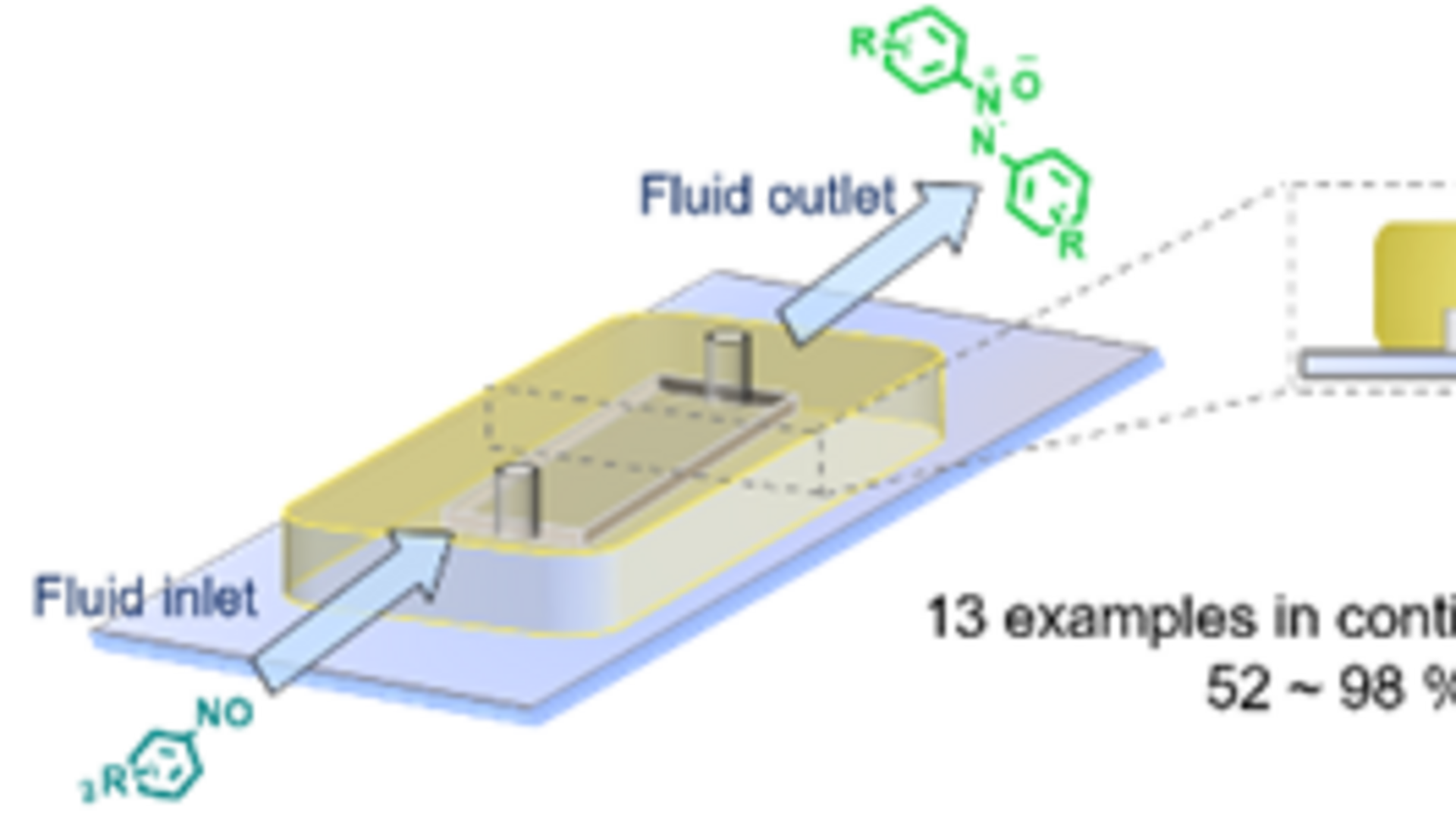
Instead of immobilizing organo catalysts on the surface of massive particles they can be bound within a swellable polymer network. In contrast to published work the immobilization within a gel will increase the accessibility of the catalytically active center inside the three-dimensional structure having a positive effect on reactivity as well as selectivity. Hence, the combination of micro plug flow reactor with organo catalysts immobilized inside swollen polymer networks offers an enormous potential for the optimization of organic reactions due to the efficiency increase of the catalyst accessibility. The combination of polymer networks with organo catalysis further offers the opportunity to continuously drive diverse organic reaction of high preparative benefit (like Aldol reactions, Knoevenagel reaction and reductive dimerizations). This also creates an interesting perspective for screening processes of substance libraries. Finally, the preparation methods for gels are very well compatible with the needs for the set-up of microfluidic reactors.
Selected publications:
Continuous flow synthesis of azoxybenzenes by reductive dimerization of nitrosobenzenes with gel-bound catalysts
C. J. Schmiegel, P. Berg, F. Obst, R. Schoch, D. Appelhans, D. Kuckling,
Eur. J. Org. Chem. 2021, accepted.
Novel application of polymer networks carrying tertiary amines as catalyst inside microflow reactors used for Knoevenagel-reactions
P. Berg, F. Obst, D. Simon, A. Richter, D. Appelhans, D. Kuckling,
Eur. J. Org. Chem. 2020, 5765–5774.

